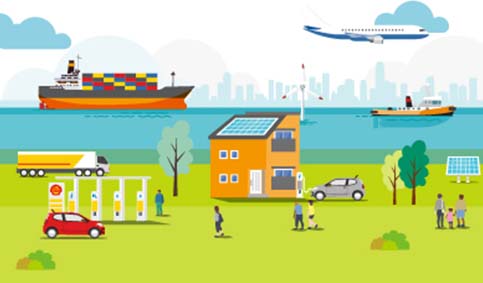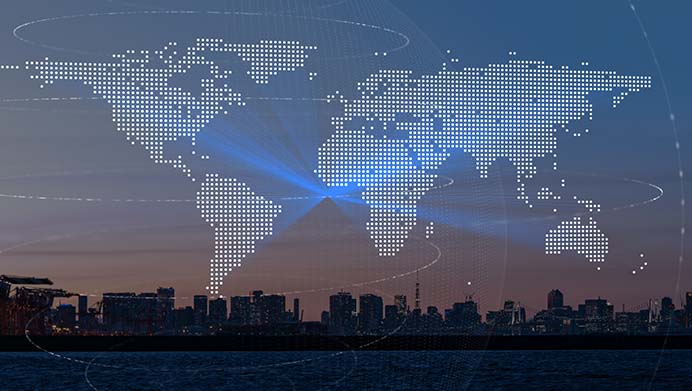Malaysia
Employees
4,708
Total tax contribution
$556,378,403
Taxes borne
$458,878,007
Taxes collected
$97,500,396
-
Third-party revenues
$9,548,304,029
-
Related-party revenues
$2,624,975,893
-
Total revenues
$12,173,279,922
-
Profit before tax
$1,233,378,978
-
Corporate income tax paid
$454,906,691
-
Corporate income tax accrued
$512,856,079
-
Stated capital
$1,004,133,066
-
Accumulated earnings
$2,266,268,487
-
Tangible assets
$3,288,569,108
-
Other payments to governments
$4,083,035,475
Shell's footprint
Shell has been present in Malaysia since 1891 and is active in the upstream and downstream sectors. Shell has several production-sharing contracts for oil and gas production off the coast of Sarawak and Sabah. Downstream operates around 1,000 retail sites in the country. Shell MDS (Malaysia) Sendirian Berhad (Shell MDS) converts natural gas into gas-to-liquids products. Shell MDS produces a wide range of high-quality waxes, speciality chemicals and drilling fluids, which are sold in more than 50 countries. Shell has a Business Operations Centre in Kuala Lumpur which provides support services to other Shell companies.
Country financial analysis
Shell pays petroleum income tax of 38% for upstream activities and 24% for remaining support services. Revenues and profits increased in 2022 as a result of higher oil and gas prices and rising demand. Our Payments to Governments Report for 2022 shows that Shell paid around $4 billion in production entitlements, royalties and fees.
Read more in Total tax contribution, in Payments to Governments Report(shell.com/payments-to-governments) and in Country-specific incentives.










